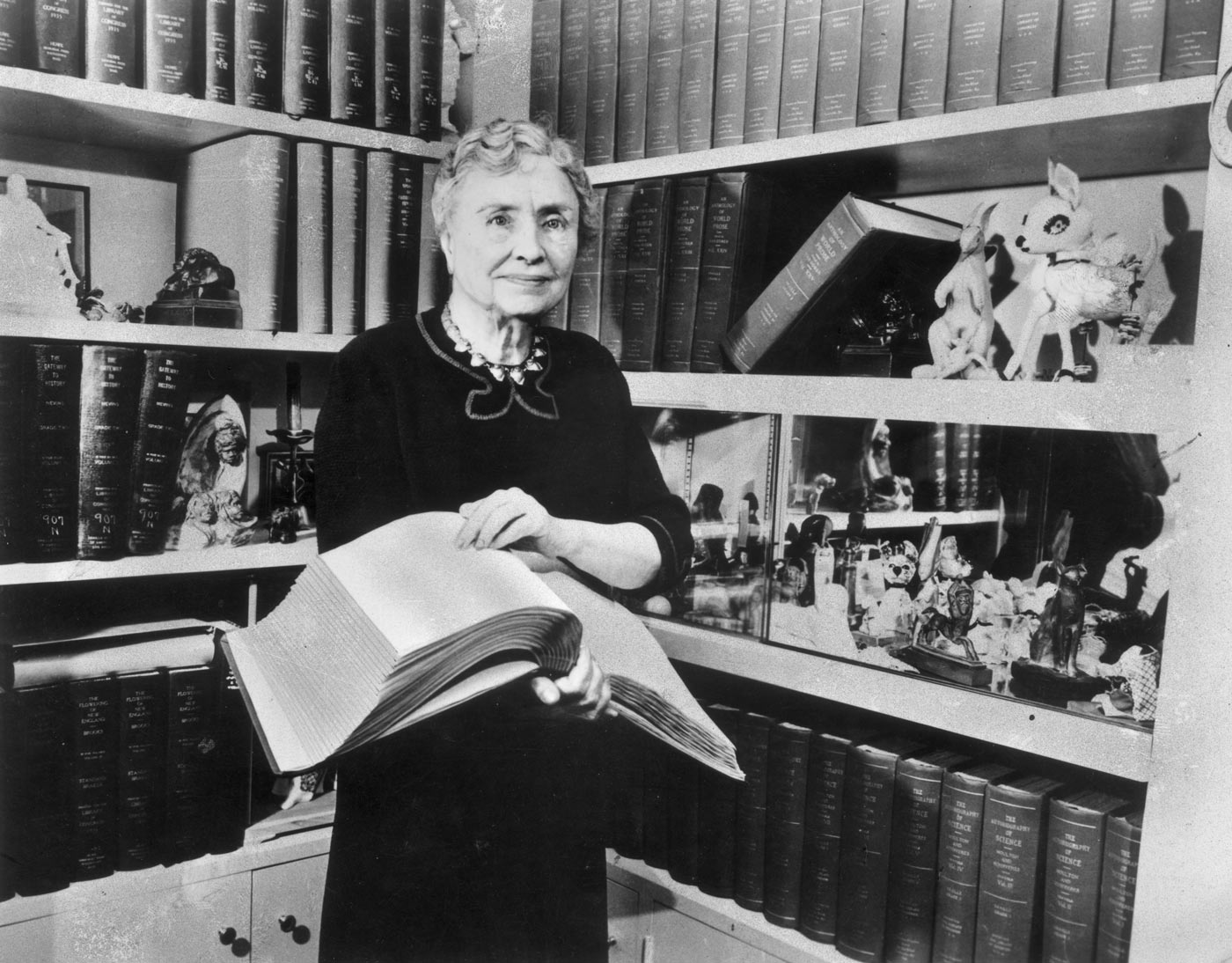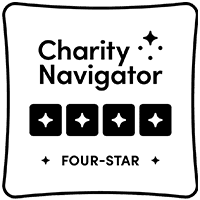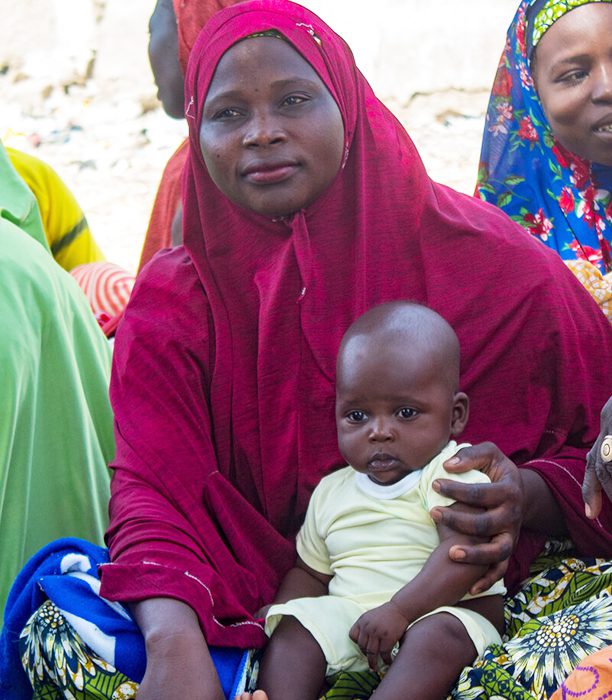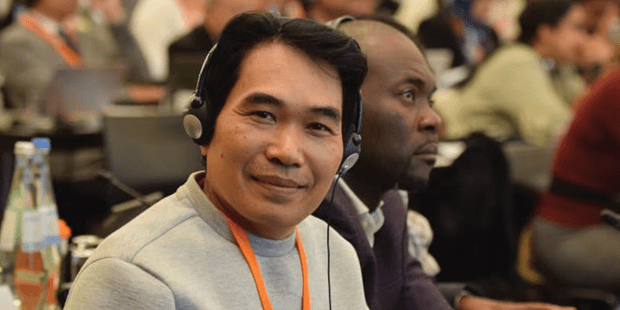
Looking Bravely: Changing Futures in Cambodia, One Child at a Time
After joining Helen Keller Intl in 1997 to manage the home gardening program, Kroeun Hou, Deputy Country Director in Cambodia, became passionate about how food production can be linked to better nutrition. “Finding better ways to address the needs of Cambodian families who face shortages of safe and nutritious foods has become my abiding focus,” he told us.
Since joining us, Kroeun has helped drive sweeping improvements in nutrition for mothers, infants and young children in Cambodia.
We talked to him about his work and the impacts of the pandemic on current initiatives.
How has COVID-19 impacted nutrition in Cambodia?
I’m very concerned that the impacts will be long lasting, particularly for children. Over the past 20 years, we’ve made great progress in reducing the number of deaths among children under the age of five. But 32% of Cambodian children still suffer from stunting [reduced height for age] and 10% from wasting [low weight for height].
The pandemic has had major effects on many Cambodians, especially on their livelihoods and nutrition status. Families are reporting a decrease in both the amount and variety of foods they eat. One recent survey about the impacts of COVID-19 in Phnom Penh, our capital, found that 55% of respondents were having trouble accessing enough food.
As Cambodia’s leading civil society organization, Helen Keller has been coordinating with a range of partners to ensure that families have the information and resources they urgently need to maintain their health and nutrition during the pandemic.
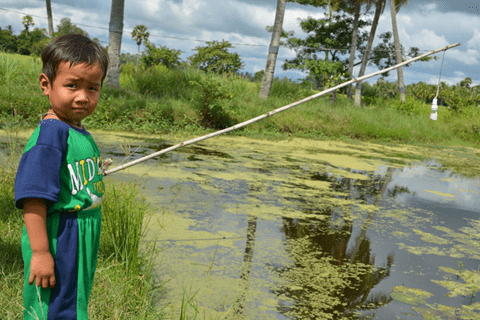
What are some of your current initiatives?
My team is working with the Cambodian government to enhance coordination on nutrition-related work at the provincial level. Our goal is to ensure that efforts taking aim at all forms of malnutrition in the country are as effective as possible. So far, we have engaged partners in 44% of provinces.
And we’ve been very active on social media, particularly during the pandemic. One of our three Facebook pages focuses on engaging and mobilizing people aged 18-35 to make good decisions about what they eat and advocate for good nutrition in their lives and careers.
What do you consider essential to your approach?
All of our programs are shaped by careful research, monitoring and evaluation, which are crucial to our being effective advocates and delivering impact on a large scale. Our vitamin A supplementation program, for example, began as a small project. Over time, however, we demonstrated the success of our delivery strategy and persuaded Cambodia’s government to develop a national policy and scale it up. The government itself now manages the program, and we’ve been able to replicate that success in other program areas.
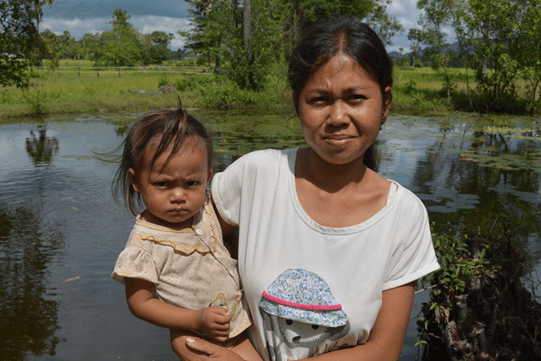
What recent achievement is especially gratifying for you?
In 2020, the Cambodian government asked my team to help investigate a breastmilk substitute. The use of this substitute had led to the hospitalization of several children with life-threatening anemia. We analyzed the product and found that the iron content was misstated on the label. Our efforts led to bans of the product by government regulators in Cambodia — as well as in Vietnam and Myanmar — so the impacts have been very positive and far-reaching.
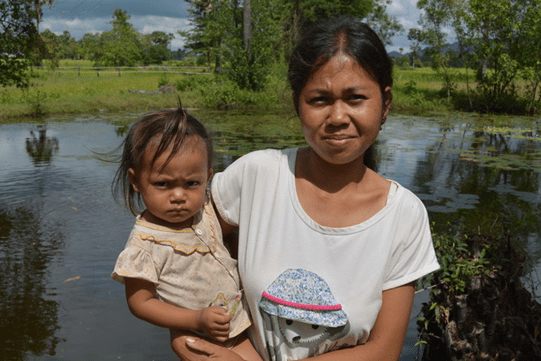
Good nutrition during the first two years of a child’s life is critical. Help deliver the crucial healthcare that children need.
